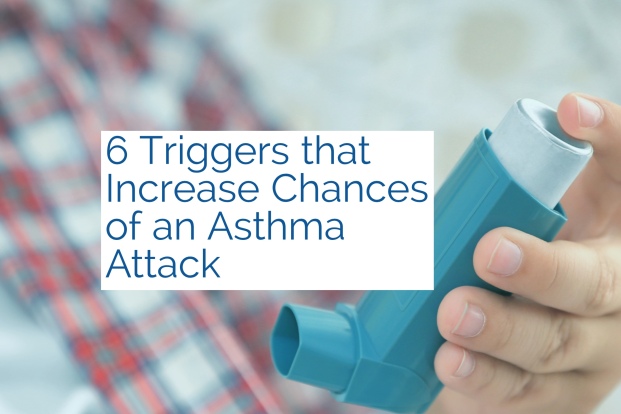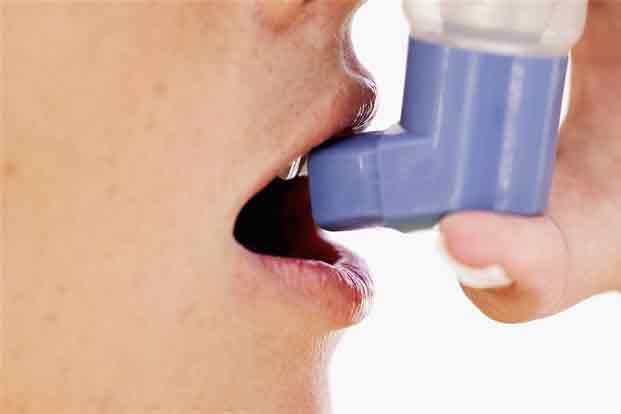Categories
- Bariatric Surgery (11)
- Black Fungus (5)
- Bone Marrow transplant (3)
- Brain Tumor Surgery Navigation Technology (20)
- Cardiac Surgery (66)
- Cardiology (97)
- Computer navigation technology for joint replacements (20)
- Covid Vaccination (17)
- Critical Care (2)
- Dental (19)
- Dermatology (31)
- Dialysis Support Group - “UTSAAH” (11)
- Dietitian (33)
- Emergency Medicine (4)
- Emotional Health (11)
- Endocrinology (33)
- ENT (20)
- Gastroenterology and GI Surgery (53)
- General and Laparoscopic Surgery (21)
- General Surgery (4)
- Gynecology & Obstetrics (183)
- Hematology (20)
- Internal Medicine (294)
- Kidney Transplant (50)
- Kidney Transplantation (20)
- Lung Cancer (8)
- Minimal Invasive Surgery (1)
- Mother & Child (20)
- mucormycosis (5)
- Nephrology (61)
- Neurology (147)
- Neurosurgery (68)
- Nutrition and Dietetics (107)
- Omicron Variant (1)
- Oncology (288)
- Ophthalmology (10)
- Orthopaedics & Joint Replacement (86)
- Paediatrics (59)
- Pediatric Nephrology (3)
- Physiotherapy (5)
- Plastic & Reconstructive Surgery (6)
- Psychiatry and Psychology (90)
- Psychologist (28)
- Pulmonology (72)
- Rheumatology (13)
- Spine Services (21)
- Transradial Angioplasty (16)
- Urology (84)
Query Form
Posted on Apr 19, 2022
Risk factors related to Nocturnal Asthma
Asthma is a disease caused by allergy linked inflammation of airways leading to symptoms of wheeze, cough, and shortness of breath. Asthma is typically worse in the night and first thing in the morning although this can vary from a patient from the patient. Having nocturnal symptoms clearly, indicate a poor asthma control.

Factors responsible for Asthma Complications at Night:
- Inadequate preventer inhaler use- Asthma is a preventable disease, hence there is the role of regular preventer use. Asthma exacerbations are most often linked to inadequate preventer inhaler use. This also reflects the nocturnal symptoms.
- Presence of allergic Rhinitis [inflammation of the lining of nose] and sinusitis [increased drainage from sinuses]- Asthma syndrome is often linked with allergic rhinitis which essentially is inflammation of the lining of the nose. This leads to secretion from nose called post nasal drip. Post nasal drip gives nocturnal symptoms with frequent night awakening with the wheeze.
- Presence of acid reflux- Acid reflux has traditionally been associated with poor asthma control. The symptoms are particularly worse in the nights once again resulting to nocturnal wheeze and awakening.
- Sleep-related condition like obstructive sleep apnoea- Co-existence of obstructive sleep apnoea often complicates asthma control. Sometimes the nocturnal symptoms primarily reflect OSA control.
- Psychological stress- Very important given the association of neuropsychiatric symptoms with asthma.
- Obesity and excess fat- Obesity alone or with obesity Hypoventilation syndrome once again can complicate asthma control.
- Exposure to allergens such as dust mites in the mattress-Given the presence of allergen triggers the nocturnal symptoms.
As evident each of the above factors have to be addressed to have optimal nocturnal asthma control. If you signs and symptoms still persist, it is best that you consult a pulmonologist immediately.



